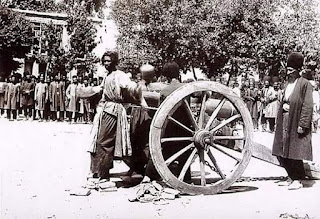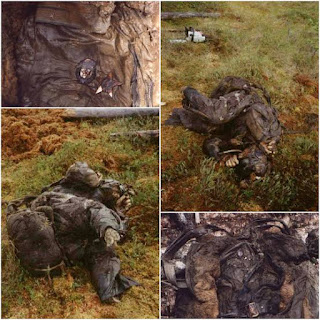The Nanking Massacre is a devastating example of the suffering that can be inflicted on a defeated or weak country during times of war.
The Nanking Massacre is a devastating example of the suffering that can be inflicted on a defeated or weak country during times of war.
It serves as a reminder of the importance of working to prevent conflicts and protect civilians in times of conflict. It is also a testament to the resilience and strength of the human spirit, as many survivors of the massacre were able to rebuild their lives and move forward despite the unimaginable horrors they had experienced.
The Nanking Massacre, also known as the Nanjing Massacre, was a horrific event that took place in the Chinese city of Nanjing in December 1937, during the Second Sino-Japanese War. After the Japanese Imperial Army invaded and captured the city, they carried out a campaign of mass murder, rape, and destruction that lasted for several weeks. It is estimated that as many as 300,000 Chinese civilians and prisoners of war were killed during this time.
The Nanking Massacre is a tragic example of the suffering that can be inflicted on a defeated or weak country during times of war. The Chinese had been fighting the Japanese for several years and were already weakened by the conflict when the massacre occurred. As a result, they were unable to effectively defend themselves against the brutal attack by the Japanese forces.
The suffering experienced by the people of Nanjing during the massacre was immense. Many civilians were killed outright, while others were subjected to torture and abuse. Women and girls were raped in large numbers, and some were even used as sex slaves. Homes and buildings were looted and destroyed, leaving many people homeless and without basic necessities.
In addition to the immediate physical suffering experienced by the people of Nanjing, the massacre had long-lasting consequences for the city and its inhabitants. Many families were torn apart, with parents, children, and siblings killed or separated from each other. The psychological trauma experienced by survivors of the massacre was severe, and many struggled to rebuild their lives in the aftermath of the event.
Heads from nanjing massacre







.jpg)

.jpeg)




.jpeg)

Comments
Post a Comment